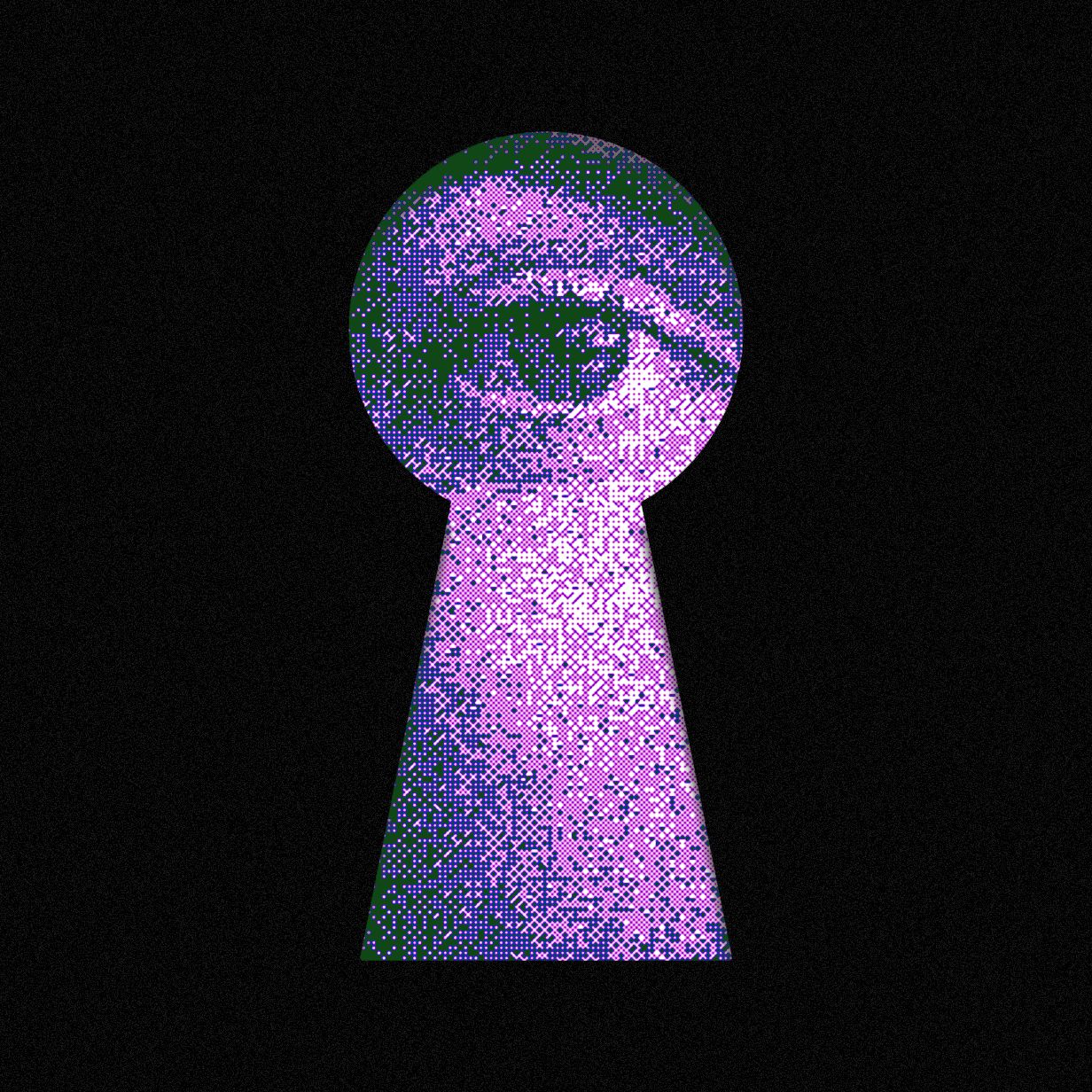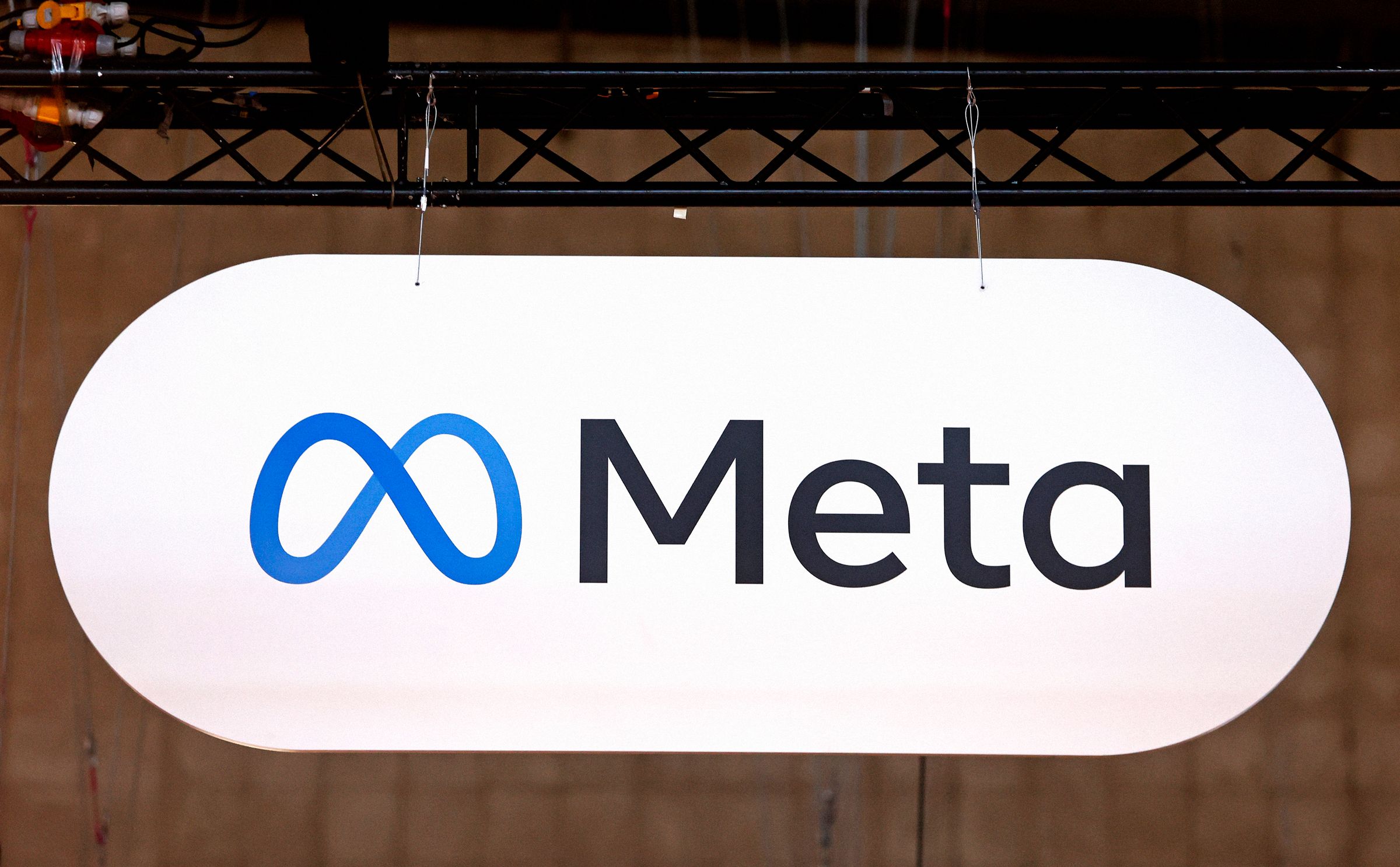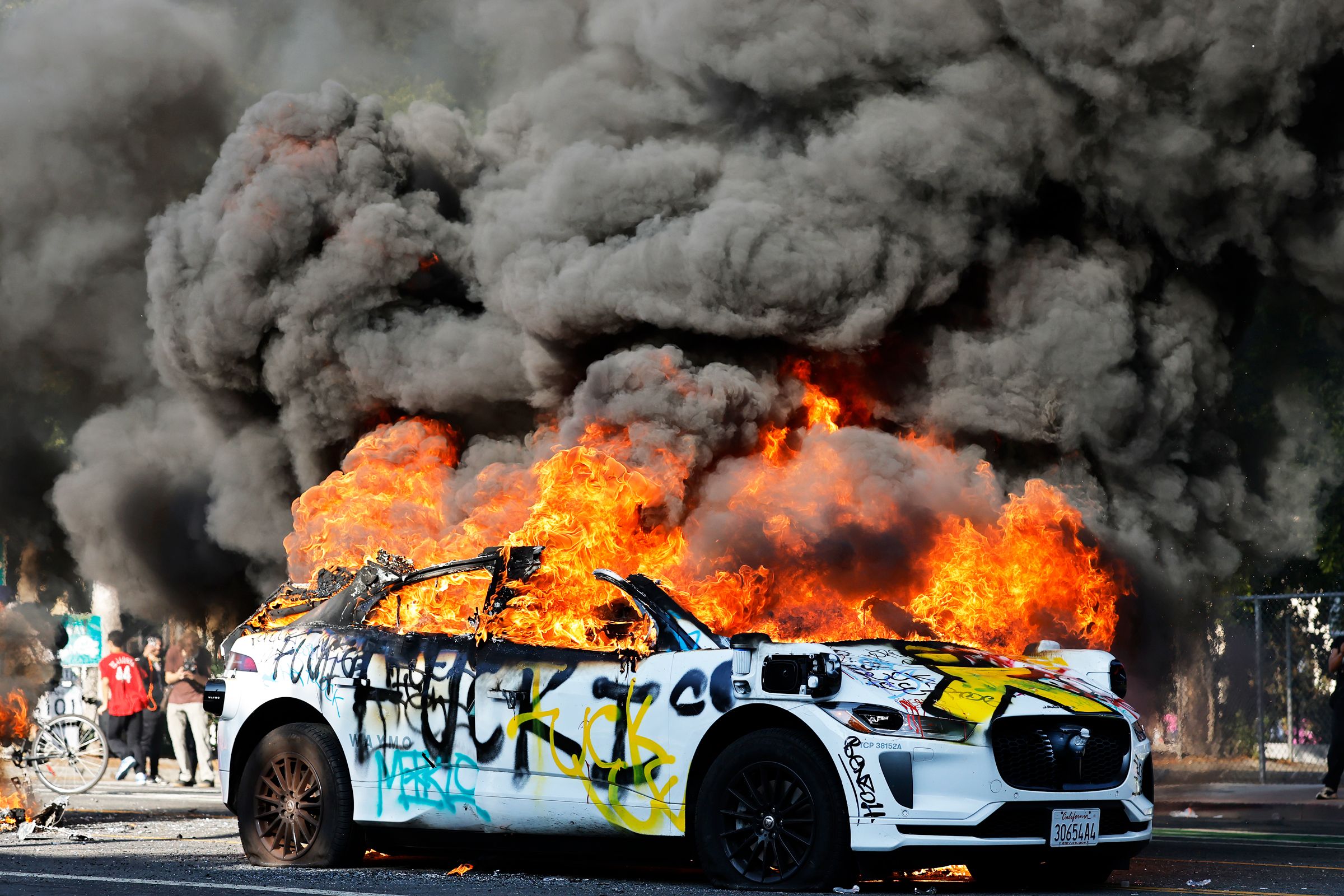Meta Wins Blockbuster AI Copyright Case—but There’s a Catch
Meta Wins Blockbuster AI Copyright Case—but There’s a Catch
In a landmark decision, Meta (formerly known as Facebook) has emerged victorious in a high-profile legal battle over the use of artificial intelligence in creating content. The case centered around the question of whether AI-generated content can be protected by copyright law, and Meta’s win has far-reaching implications for the future of intellectual property rights in the digital age.
The court ruling upheld Meta’s right to claim ownership of AI-generated content, setting a precedent that could have ripple effects across the tech industry. However, there is a catch. While Meta is allowed to copyright AI-generated works, the decision also imposes strict limitations on how the company can enforce these copyrights.
One of the key restrictions is that Meta can only use its copyright claims to protect against direct copying of its AI-generated content. This means that competitors and other entities can still use similar AI algorithms to create their own content without fear of legal repercussions. Additionally, Meta cannot prevent others from creating derivative works based on its AI-generated content.
This limitation represents a significant setback for Meta, as it undermines the company’s ability to fully capitalize on its AI technology. While Meta can still profit from its AI-generated content through licensing agreements and other means, the inability to prevent others from replicating or building upon its creations could hinder its long-term competitiveness in the market.
Despite this setback, Meta’s victory in the copyright case is a significant win for the company and represents a major milestone in the ongoing debate over the legal status of AI-generated content. As technology continues to advance and AI becomes increasingly prevalent in creative industries, the outcome of this case will likely have lasting repercussions for copyright law and intellectual property rights.
Moving forward, it will be crucial for lawmakers and industry stakeholders to carefully consider the implications of this ruling and work towards developing a more nuanced legal framework that balances the interests of content creators, technology companies, and the public. Only through thoughtful deliberation and collaboration can we ensure that copyright law remains relevant and effective in the rapidly evolving digital landscape.


